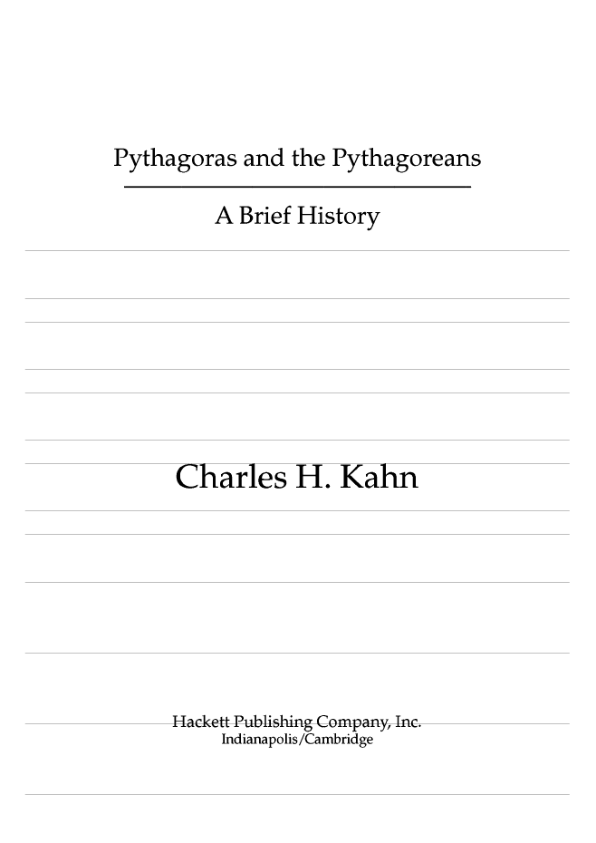Christianity is an historical religion and must be judged historically. We trace its course along the stream of time and show its character and achievements. Without dwelling unnecessarily on individual cases of fanaticism and folly, we exhibit its action on society, and its principles as formulated by Councils and illustrated by general practice.
Excerpt: from the Preface
Our purpose is to show the hand behind the back. Christianity is plausible and fair-spoken today, although it occasionally emits a fierce flash of its primitive spirit. Its advocates are no longer able to crush opposition; they are obliged to answer its arguments, or to make a show of defending their own doctrines. They scruple at damning heretics, and blandly expect a reciprocation of the courtesy. Feeling that the tendency of modern thought is against them, and afraid to resist it, they bend before it rather than break. Their only object is to weather the storm at any cost, even by sacrificing large quantities of their freightage.
We do not believe that Christianity will weather the storm; in our opinion it is doomed. Nevertheless, as earnest Freethinkers, we feel incumbent on us the duty of assisting in its destruction. We are anxious that, as religions die of being found out, Christianity shall be seen in its true light. We desire that it shall not be judged by its present promises, but by its past performance. We wish to show what it was in the evil days of its supremacy, when opportunity matched inclination, and it acted according to the laws of its nature, unchecked by science, freethought and humanity.
Excerpt:
WHEN Jesus Christ had disappeared from this world, in what manner it is beside our purpose to discuss, the Jewish sect he had founded continued to assemble at Jerusalem. The infant Church was under the leadership of Simon Peter, and it observed the communistic maxims which Jesus had enjoined. Every member sold his property and paid the proceeds into the common exchequer.
One married couple, however, named Ananias and Sapphira, retained a portion of the price of their estate for their private use. This having come to the knowledge of Peter, he taxed them in succession with their offence, and each fell down dead in his presence. Their corpses were immediately buried by the godly young men who were waiting in the chamber of execution (Acts 5:1-10). No investigation into the affair appears to have been made by the authorities, but had such a thing occurred in an age of coroner’s inquests, it is possible that Peter would have met another fate than leaving the world with his head downwards.
Paul’s treatment of dissentients was very similar. He smote Elymas (Acts 13:10-11) with blindness as “a child of the devil,” and charitably “delivered” Hymenaeus and Alexander “unto Satan” (1 Timothy 1:20), perhaps with the opinion that only the Grand Inquisitor of the Universe could adequately punish them for blasphemy and backsliding.
 کتاب سل Ketab Sell | کتاب سل، بزرگترین منبع کتاب و جزوههای دانشجویی
کتاب سل Ketab Sell | کتاب سل، بزرگترین منبع کتاب و جزوههای دانشجویی









Reviews
There are no reviews yet.